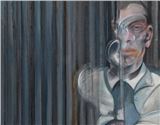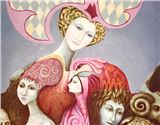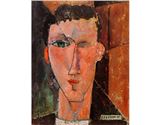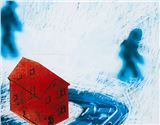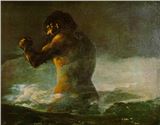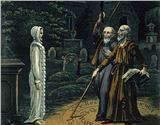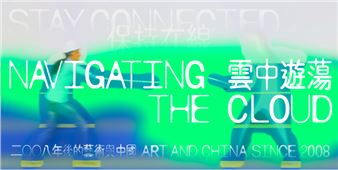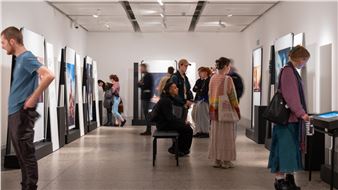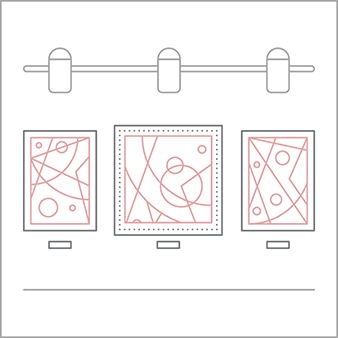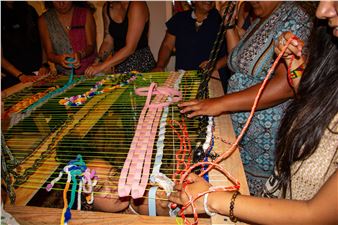Umber Majeed: JрҹҳҠY TECH
Umber Majeed: JрҹҳҠY TECH uses speculative fiction to offer a counter-narrative of the Pakistan Pavilion at the 1964вҖ“1965 New York WorldвҖҷs Fair. MajeedвҖҷs multimedia works look at the history of the Pavilion through the perspective of the South Asian diaspora, her ongoing Trans-Pakistan project, and the visual culture of phone repair shops in Jackson Heights, Queens. Trans-Pakistan is both the title of MajeedвҖҷs long-term research practice and the name of a tourist agency that was once owned and operated by the artistвҖҷs uncle. While the agency ultimately shuttered due to Islamophobic travel policies throughout the War on Terror, Trans-Pakistan continues to evolve as both metaphor and simulation in the artistвҖҷs digital universe.
JрҹҳҠY TECH includes an augmented reality experience, installation, video, drawings, and ceramics that employ the language of the bootleg or counterfeit as a mode of worldbuilding. Calling to mind вҖңSouth Asian digital kitsch,вҖқ storefront merchandising, and early web interfaces, MajeedвҖҷs fictional promotional campaigns and reimagined artifacts present alternative sources for filling in the gaps found in institutional archives. From hand-drawn posters and reconfigured maps to interactive AR postcards and 3D animations, the exhibition includes references to the Pakistan PavilionвҖҷs architecture, displays, goods for sale, and other fragments of the pavilion that circulate online. Majeed explores histories that are in a constant state of redefinition, blurring the lines between what may be considered official or unauthorized, authentic or propaganda, legible or opaque.
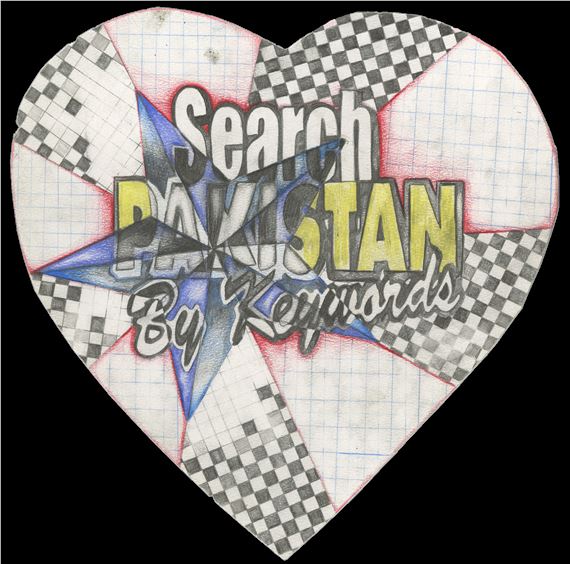
Recommended for you
Umber Majeed: JрҹҳҠY TECH uses speculative fiction to offer a counter-narrative of the Pakistan Pavilion at the 1964вҖ“1965 New York WorldвҖҷs Fair. MajeedвҖҷs multimedia works look at the history of the Pavilion through the perspective of the South Asian diaspora, her ongoing Trans-Pakistan project, and the visual culture of phone repair shops in Jackson Heights, Queens. Trans-Pakistan is both the title of MajeedвҖҷs long-term research practice and the name of a tourist agency that was once owned and operated by the artistвҖҷs uncle. While the agency ultimately shuttered due to Islamophobic travel policies throughout the War on Terror, Trans-Pakistan continues to evolve as both metaphor and simulation in the artistвҖҷs digital universe.
JрҹҳҠY TECH includes an augmented reality experience, installation, video, drawings, and ceramics that employ the language of the bootleg or counterfeit as a mode of worldbuilding. Calling to mind вҖңSouth Asian digital kitsch,вҖқ storefront merchandising, and early web interfaces, MajeedвҖҷs fictional promotional campaigns and reimagined artifacts present alternative sources for filling in the gaps found in institutional archives. From hand-drawn posters and reconfigured maps to interactive AR postcards and 3D animations, the exhibition includes references to the Pakistan PavilionвҖҷs architecture, displays, goods for sale, and other fragments of the pavilion that circulate online. Majeed explores histories that are in a constant state of redefinition, blurring the lines between what may be considered official or unauthorized, authentic or propaganda, legible or opaque.
Artists on show
Contact details

Related articles
Umber MajeedвҖҷs work cuts deep for those who saw their diasporic culture meld queasily with early internet culture.
JрҹҳҠY TECH sends up the superficial, spectatorial ways that Western travellers engage with cultures besides their own.

 ARTISTS
ARTISTS
